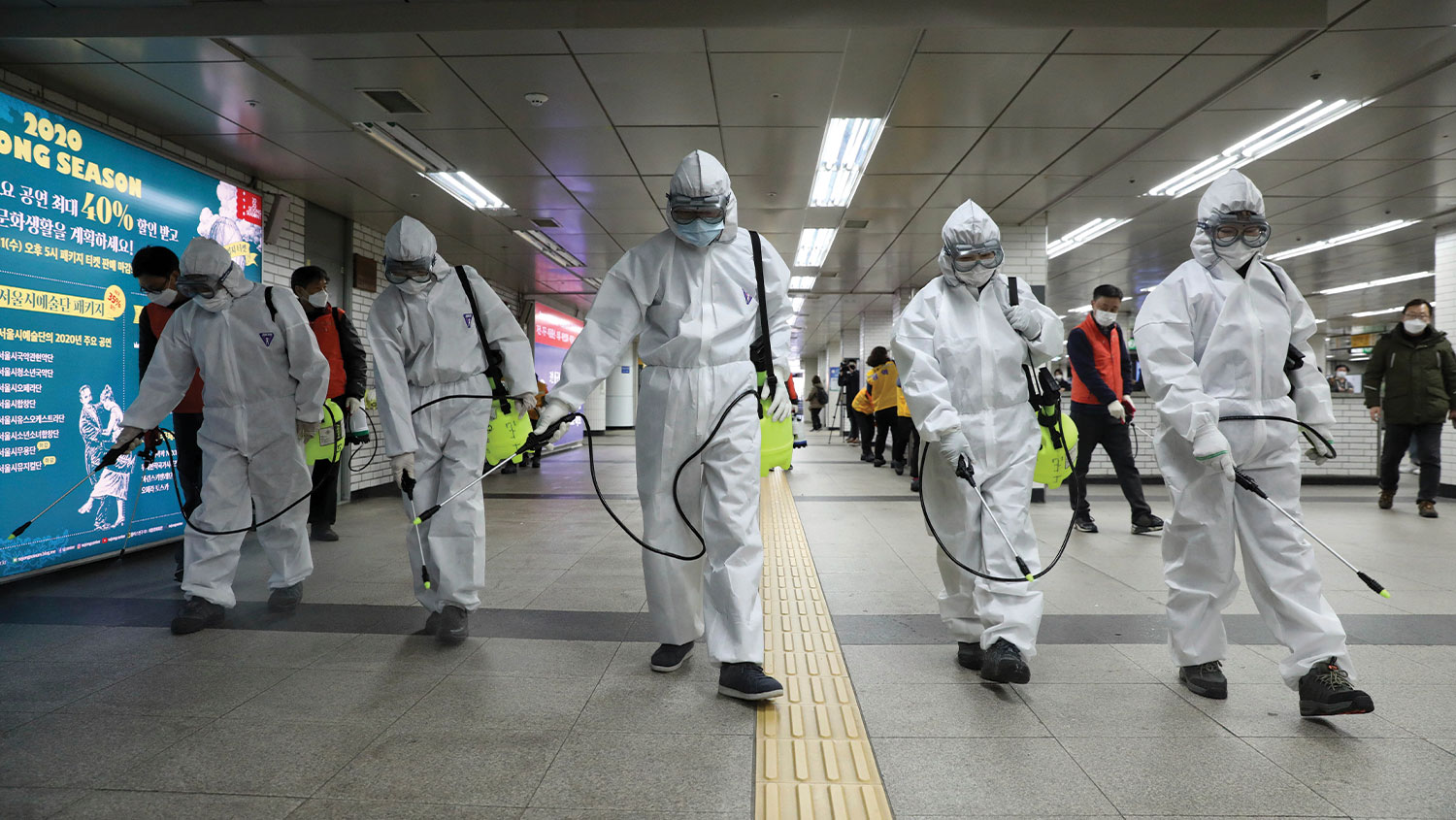Global leaders have pledged their commitment to fortify international cooperation, coordination, governance, and investment with the aim of averting a recurrence of the devastating health and socioeconomic havoc caused by COVID-19.
The leaders who made the pledge on Wednesday, September 20, during the United Nations General Assembly, seek to bolster global preparedness for future pandemics while reinvigorating efforts to achieve the Sustainable Development Goals.
Dr. Tedros Adhanom Ghebreyesus, Director-General of the World Health Organization (WHO), expressed his profound appreciation for the momentous occasion, remarking, “The first-ever head of state summit on pandemic prevention, preparedness, and response is a historic milestone in the urgent drive to make all people of the world safer, and better protected from the devastating impacts of pandemics.”
He further emphasised the critical role of this commitment in providing the essential political support and guidance required to safeguard public health and take tangible steps toward investing in local capabilities. Dr. Tedros underscored the importance of equitable access to medical countermeasures, sustainable financing, community empowerment, and well-trained healthcare workers in addressing pandemic threats.
Read also: Kenya launches smart Primary Care Network with 100,000 health promoters
Concrete Actions and Collaborative Efforts for a Safer World
While commendable progress has already been made in building a safer world, including the establishment of the Pandemic materials and the mRNA vaccine technology transfer hub, Dr. Tedros noted the need for further strengthening the global health emergency architecture to prevent a recurrence of COVID-19.
The political declaration, guided by Ambassadors Gilad Erdan of Israel and Omar Hilale of Morocco and approved by Dennis Francis, President of the 78th United Nations General Assembly, outlined several crucial measures to be taken by Member States:
Negotiating the Pandemic Accord: Member States are called upon to conclude negotiations on a WHO convention, agreement, or international instrument on pandemic prevention, preparedness, and response, known as the Pandemic Accord. Targeted amendments to the International Health Regulations (2005) are to be made by May 2024.
Ensuring Access to Medical Countermeasures: In line with the Pandemic Accord, Member States are tasked with ensuring sustainable, affordable, fair, equitable, effective, efficient, and timely access to medical countermeasures, including vaccines, diagnostics, therapeutics, and other health products.
Countering Misinformation and Strengthening Health Systems: Measures to counter and address the negative impacts of health-related misinformation, disinformation, hate speech, and stigmatisation, particularly on social media platforms, are to be implemented. These actions are vital for building trust in public health systems and authorities. Additionally, investments in primary healthcare and national health systems are encouraged to enhance pandemic response.
Sustainable Financing: Sustainable financing for WHO and national health systems is deemed essential to make the world safer.
Empowering Health Systems: Strengthening health workforce and rapid response capacities, surveillance and supply systems, and local manufacturing abilities are key components to enable all countries to respond effectively to pandemics.
Enhancing Capacities in Low-Income Countries: Efforts should be scaled up to address pandemic threats in low- and lower-middle-income countries, especially in Africa, with a focus on expanding health system capacities.
Multilateral Collaboration: Leveraging the potential of the multilateral system and adopting a multisectoral approach are highlighted as crucial strategies for improving pandemic prevention, preparedness, and response, in alignment with the Sustainable Development Goals.
A Bold Step Towards a Safer Future
Following the approval of the political declaration, leaders from United Nations Member States shared statements emphasising the paramount importance of pandemic prevention, preparedness, and response. Their collective commitment to building a robust, coordinated, and comprehensive global health emergency architecture marks a significant stride toward a safer and more resilient world in the face of future pandemics.
















